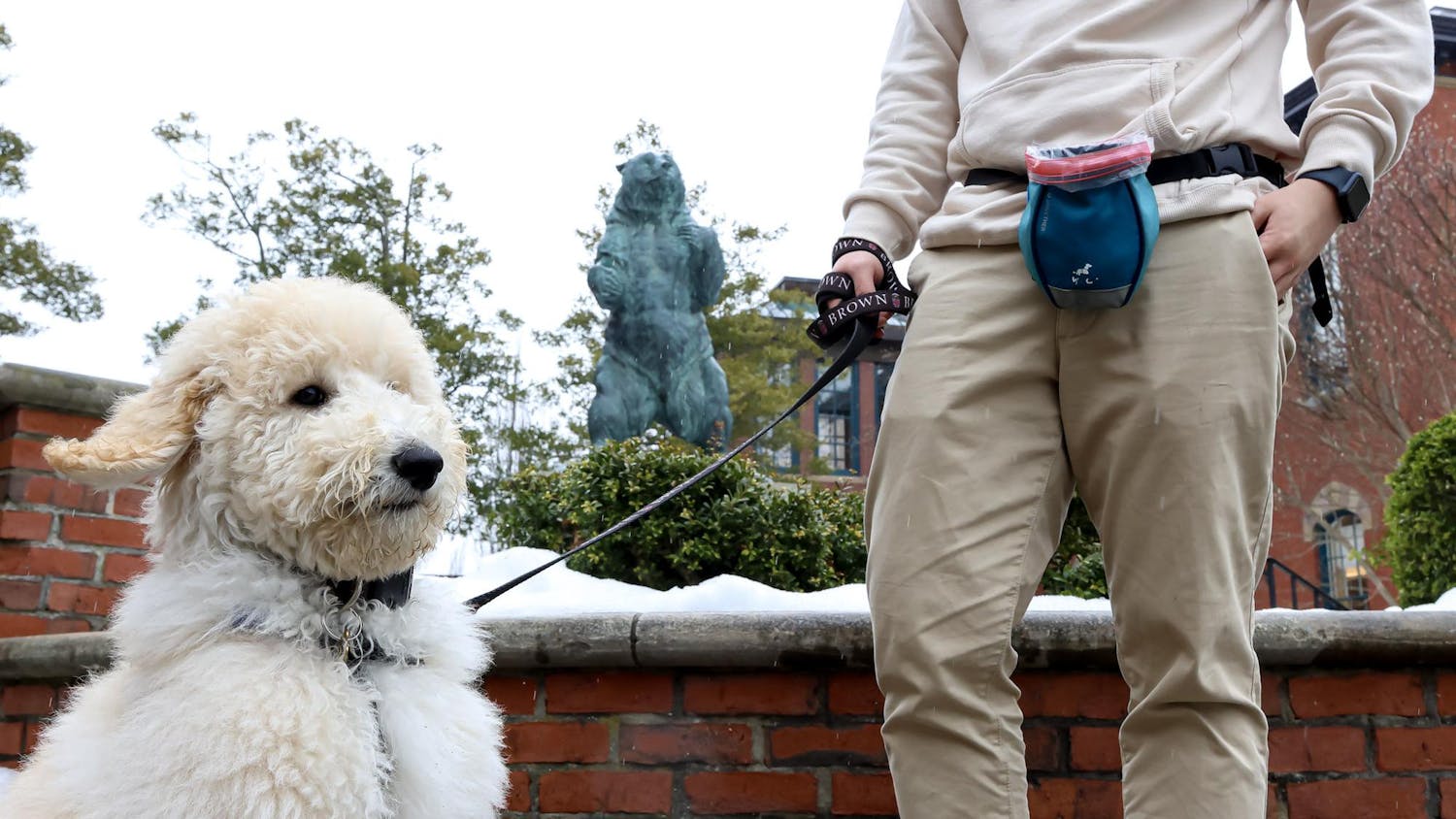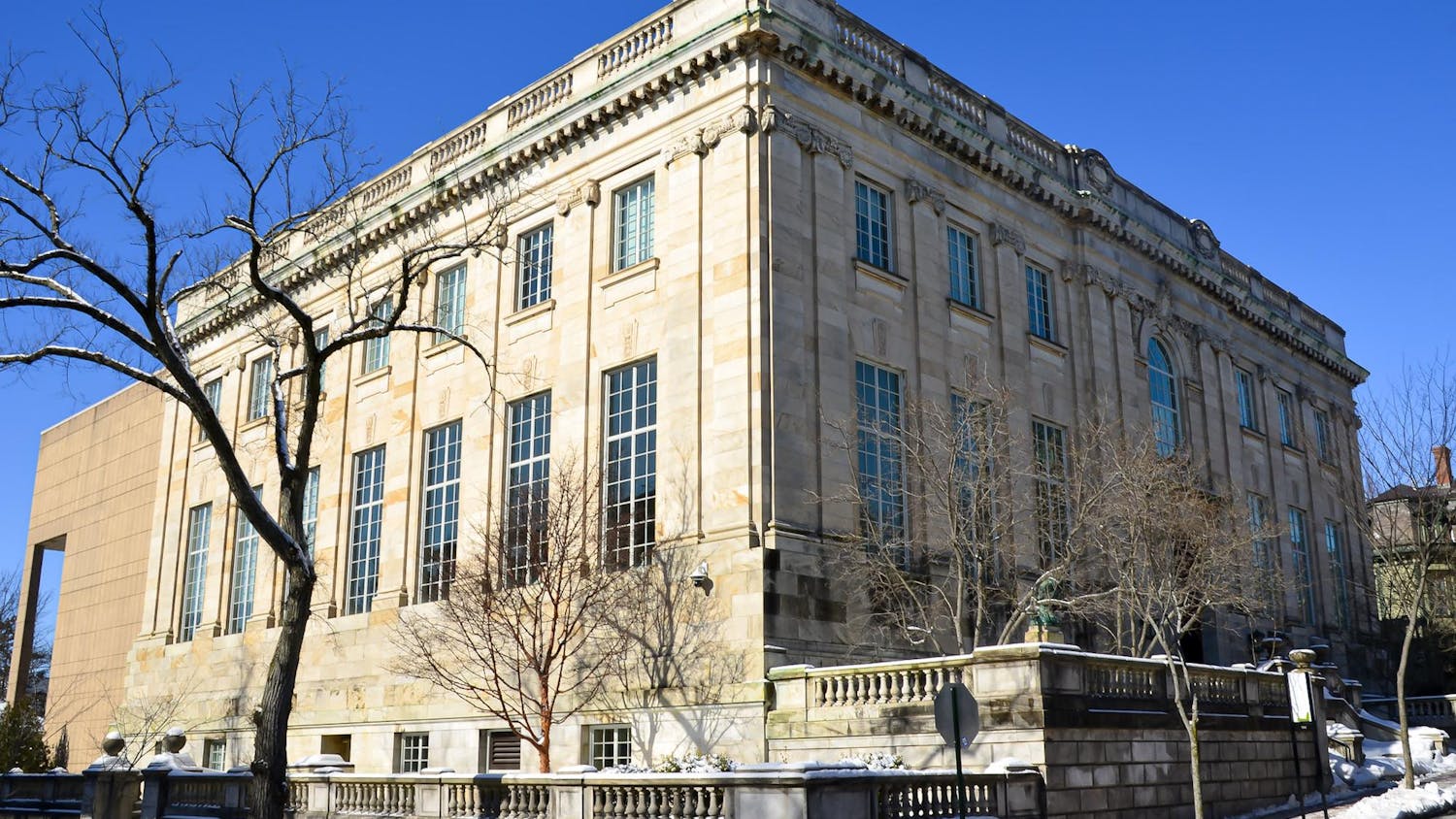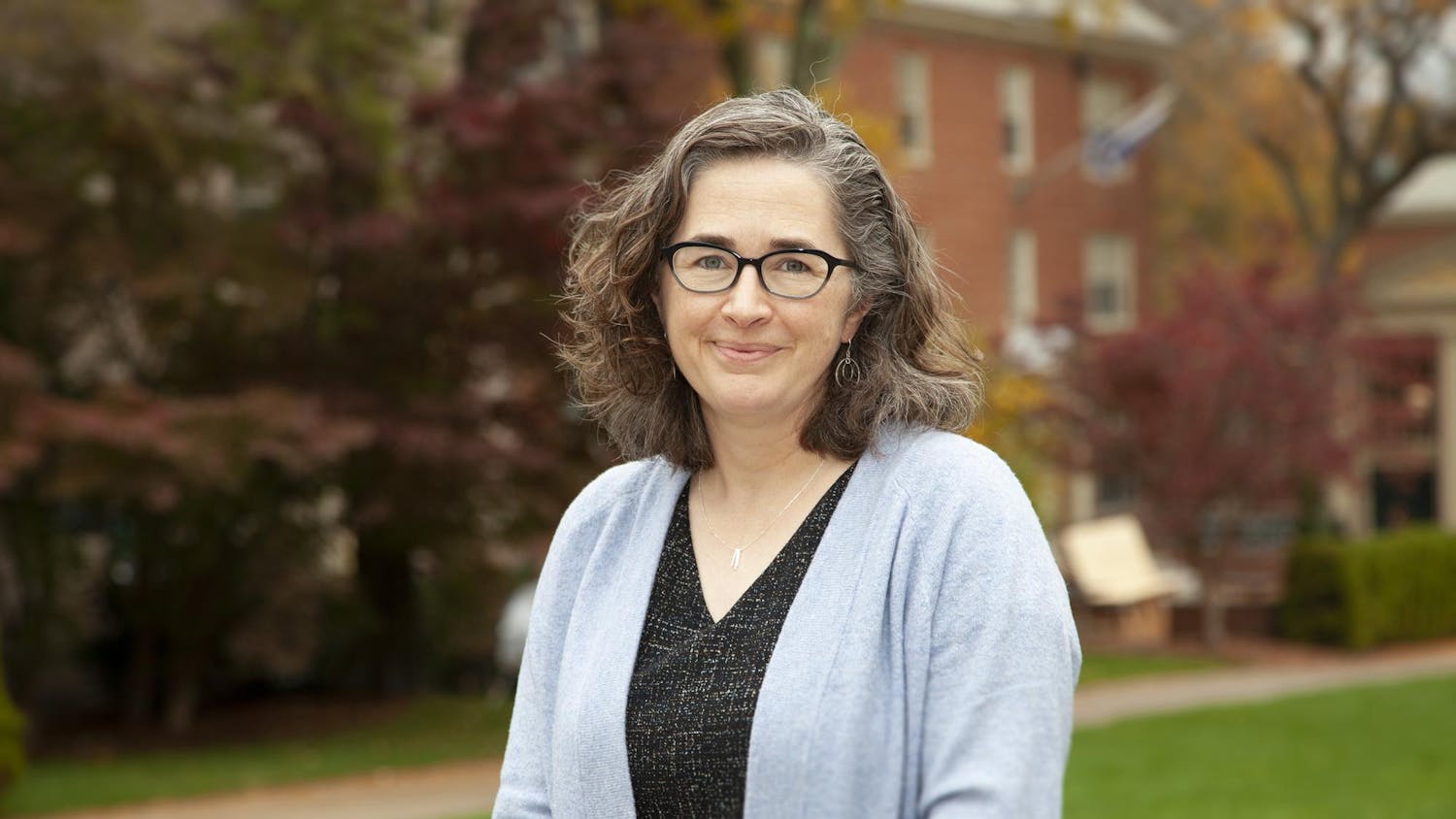The Faculty Advising Fellows program, which has professors host events in their homes to encourage interaction between students and faculty, will be expanded next semester, according to the administrators who oversee the program.
Starting in the fall, faculty members will host an informal gathering with coffee and tea every afternoon Monday through Thursday in J. Walter Wilson, Dean of the College Katherine Bergeron said, in an effort to establish a regular social event that is easy to get to.
Students will better know when and where the fellows are readily available, and can "just stop by and get to know them," Bergeron said.
There will be also be more dinners hosted for students and faculty members to get together in the Sharpe Refectory's dining rooms, Bergeron said.
The program was already given a boost before the current academic year when 10 non-residential faculty advising fellows were included to assist the existing fellows-in-residence.
The recent improvements to the program have allowed fellows to host better events, said Associate Professor of Chemistry and Biochemistry William Suggs, a fellow-in-residence at 22 Benevolent St.
With the additional non-residential faculty, fellows have been able to bring in more guest speakers through connections and "get some really worthwhile high-quality things happening," Suggs said.
For example, he said, Professor of Anthropology Lina Fruzzetti, the non-residential fellow associated with his house, organized a screening of a film about human trafficking. Fruzzetti invited specialists on the subject with whom Suggs said he would not have had connections as a chemistry professor.
But the re-energizing effort has not managed to increase the number of students who come to the events, Suggs said. The average attendance this year has dropped compared to last year at 22 Benevolent St., he said. The drop might be related to moving up the usual event time to 8 p.m. from last year's 10 p.m. start time, he said.
Associate Professor of Sociology Gregory Elliott, a non-residential fellow at 22 Benevolent St., said he would like to see more students attend.
"The major problem I see with this program is that it doesn't seem to be a high priority among students," he said. "We see a smaller number than would be most useful to our program at our study-break sessions."
"We've had single-digit attendance at many of our events," he said.
Attendance has varied for different events, Suggs said. Events like making crepes and a housing lottery information session have been popular, while events centered around "more targeted" subjects, such as Italian women in politics, have drawn smaller crowds.
Margaret Klawunn, vice president for campus life and student services, said she had expected that the expansion of the program would increase attendance but admitted that has not been the case. "Overall, it didn't draw as many students as we'd hoped," she said.
"It's a learning process," Bergeron said.
Though Brown has been finding ways to cut back on spending in almost all areas, Bergeron said the faculty fellows program is "a very high priority." Administrators are maintaining their "commitment to making this program work," she said.




